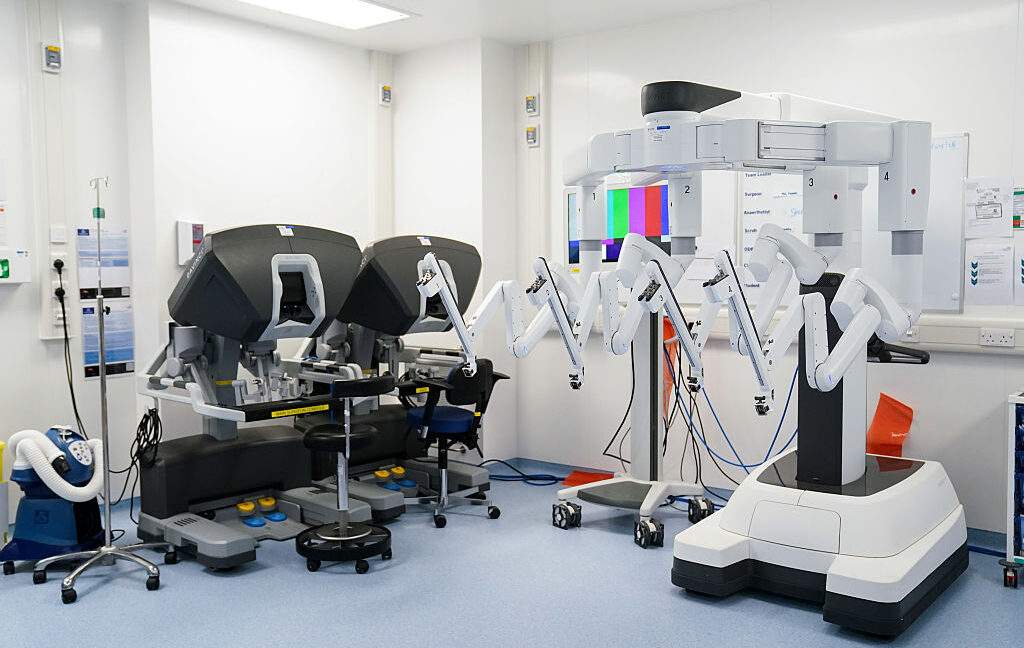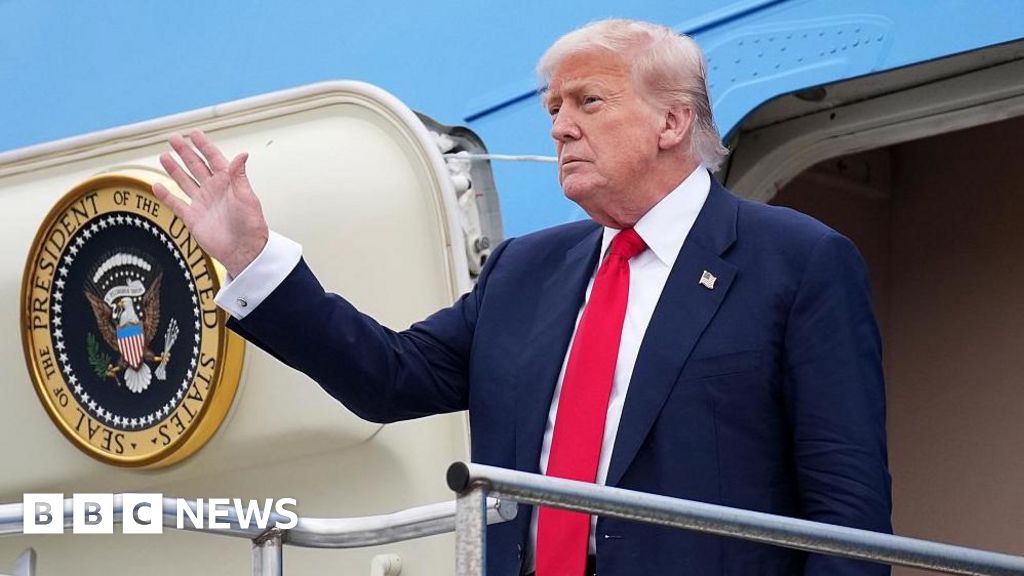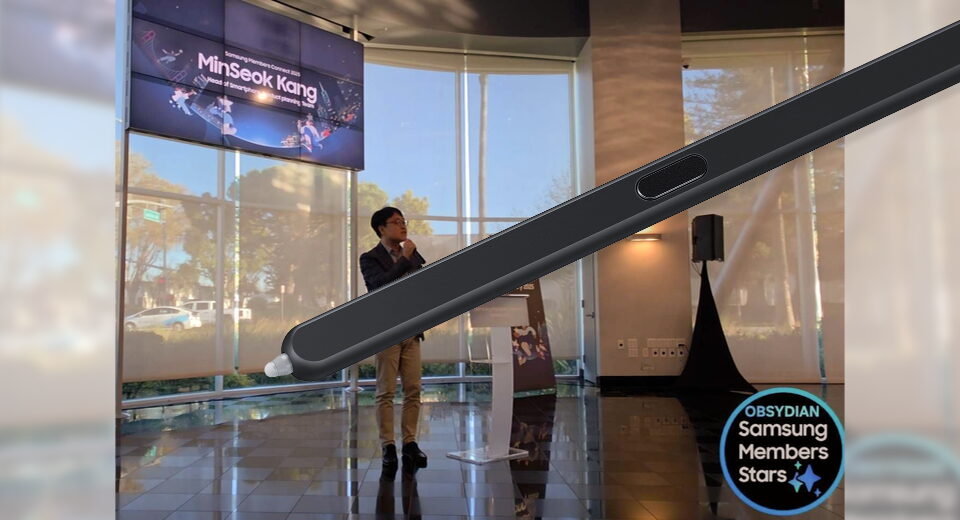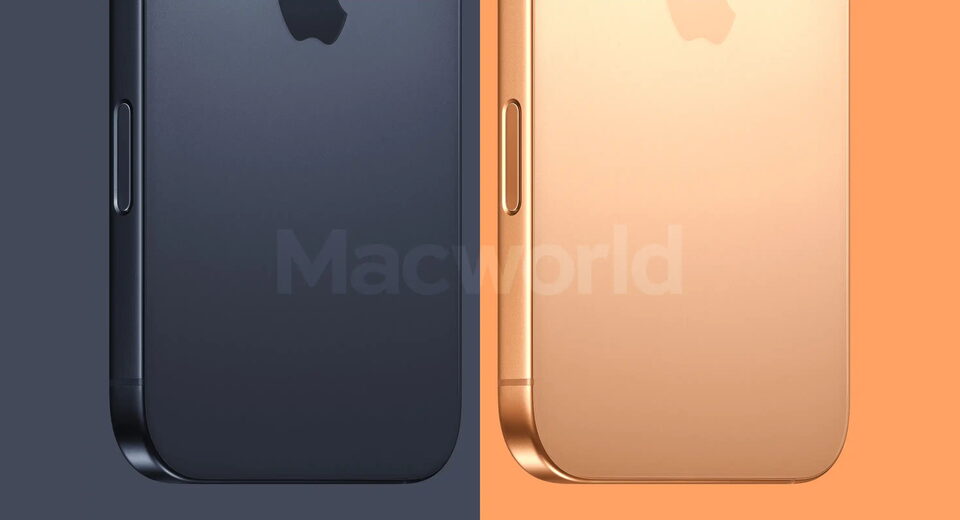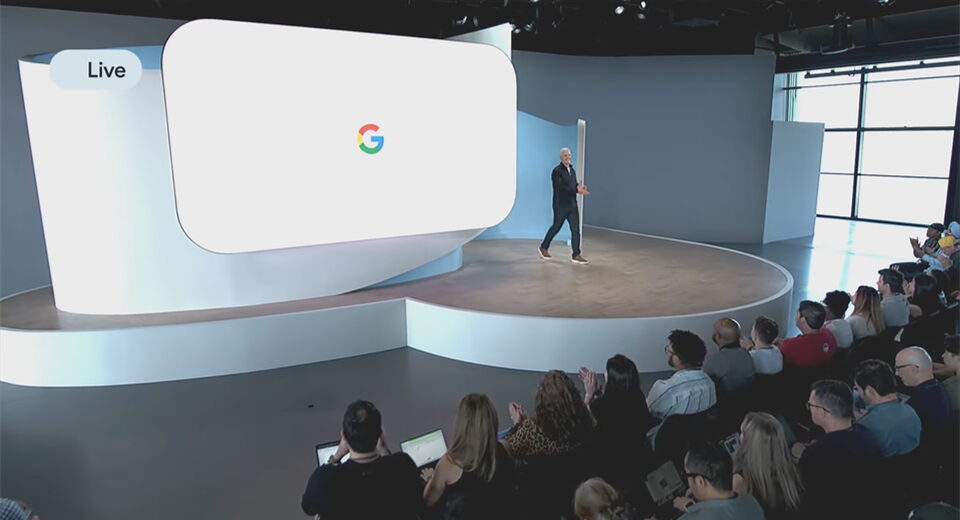Cash cards to pay for gluten-free food in UK first
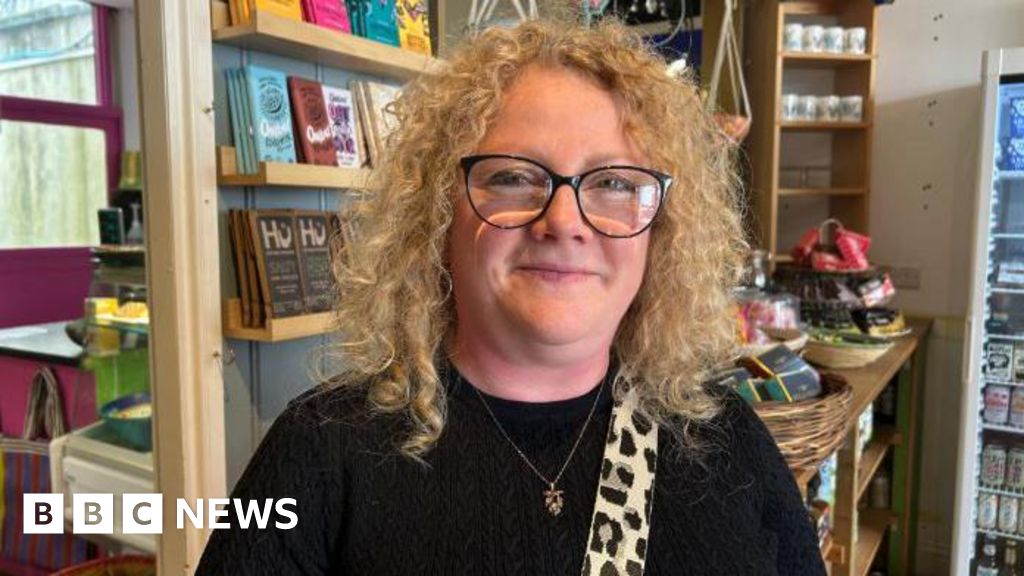
Cash cards to pay for gluten-free food in UK first
Lola Mayor & Jordan DaviesBBC Wales News
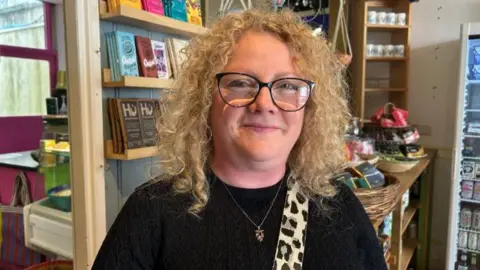 BBC
BBCPeople in Wales who cannot eat gluten will be given debit-style cards preloaded with money to help pay for their food.
The UK-first move, which begins later this year, will be an alternative to the current system where those with conditions such as coeliac disease - which affects about one in 100 people - get food on prescription from the pharmacy.
Coeliac Cherylee Barker, 54, from Narberth, Pembrokeshire, took part in a pilot scheme and got £14 a month, which she said "scratches the surface of the cost".
A Coeliac UK report said a gluten free diet added 35% to food bills and Health Minister Jeremy Miles said the Welsh government wanted to "de-medicalise the supply of gluten-free foods".
The new card will work like a chip and Pin bank card and be taken in most places that sell gluten-free food, including supermarkets, shops, community pharmacies and online stores, according to the Welsh government.
It would not say how much people will be given - just that it will vary by person and be regularly reviewed - or how much would be spent on the scheme.
Ministers anticipate it will be "cost neutral" and not add any more to the NHS budget.
The prescription model will still be available in Wales, which is similar to schemes in England, Scotland and Northern Ireland.
Those with coeliac disease cannot eat gluten as their immune system attacks their own tissues and their body cannot properly take in nutrients.
It results in symptoms including bloating, vomiting and diarrhoea.
There is also an added cost . with gluten-free food more expensive Tesco, Asda, Sainsbury's and Morrisons, the four leading supermarkets.
The average price of a own brand loaf of bread was 63p, compared with £2.26 for a gluten-free equivalent.
Supermarket penne pasta averaged 56p per 500g whereas the lowest gluten-free option averaged £1.22.
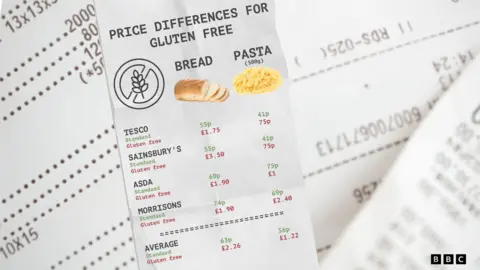
Ms Barker has been part of the pilot scheme in the Hywel Dda health board area for the past five years.
She gets £42 every three months, which equates to £14 a month, and described the previous prescription system as "slightly embarrassing" and the food "not that edible".
She said: "I didn't want to take the money from the NHS. I thought 'just suck it up and see' but after a little while I just found it was just becoming more and more expensive.
"It isn't a lifestyle choice, it is a need."
Despite saying the card was "fantastic" she said the amount she got was only "scratching the surface" of rising costs for everybody, especially coeliacs.
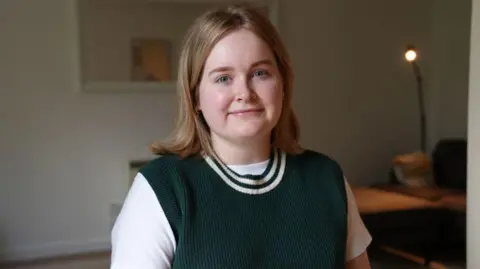
Bethan Williams, 24, from Cardiff, said prescriptions did not work for her as the food was low quality.
As a vegetarian, she said the cash cards could give people with additional dietary needs the freedom to make healthy choices.
"I am in a good position that I can afford the higher quality bread but that is not the case for all people," she said.
"Eating food and being able to eat a balanced diet isn't a privilege, it's something everyone should be entitled to."
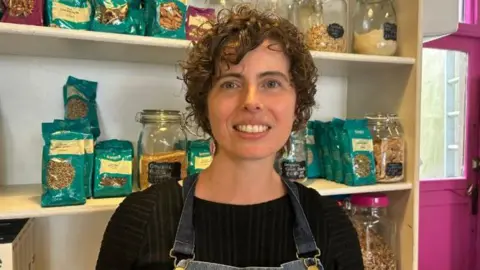
For businesses such as Plumvanilla Cafe and deli in Narberth, which accepts the cash card, making sure they can serve the community's needs is becoming more necessary.
Gemma Beere, who works at the cafe, said: "We've noticed more and more people shopping with gluten-free requirements so we like to keep a big stock."
But she added it was a challenge balancing stocking the shelves with the high cost items and making sure nothing goes to waste.
Miles said the move would cut "administrative burdens on GPs and pharmacies".
He added: "For people living with coeliac disease, following a strict gluten-free diet is not a lifestyle choice but a medical necessity.
"We want to de-medicalise the supply of gluten-free foods in Wales, giving people more freedom to access the food they want to eat, more conveniently, to help them to manage their condition."
Tristen Humphreys from Coeliac UK said: "We need to recognise that a gluten-free diet is the treatment for coeliac disease, it's a serious autoimmune disease not a lifestyle choice – we want that recognised."
He added supporting people's diets would help prevent health complications down the line and was "cost efficient" for the NHS and called on other UK nations to follow suit.
Additional reporting by Sara Dafydd
What's Your Reaction?
 Like
0
Like
0
 Dislike
0
Dislike
0
 Love
0
Love
0
 Funny
0
Funny
0
 Angry
0
Angry
0
 Sad
0
Sad
0
 Wow
0
Wow
0
